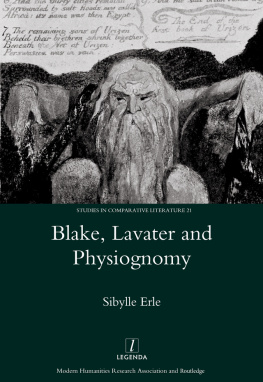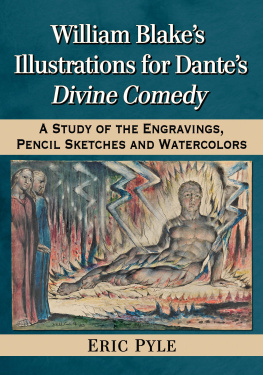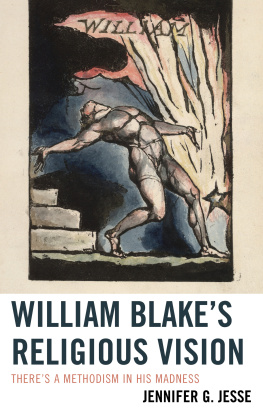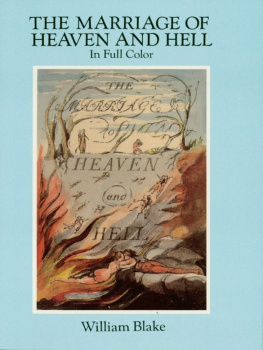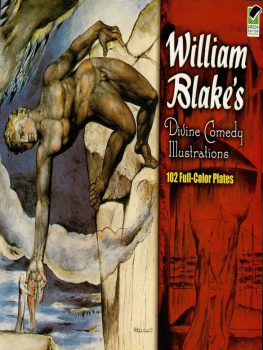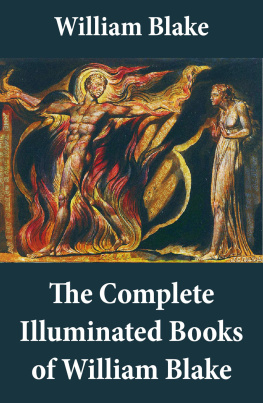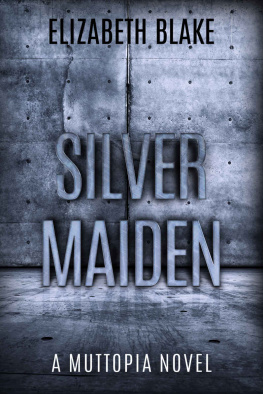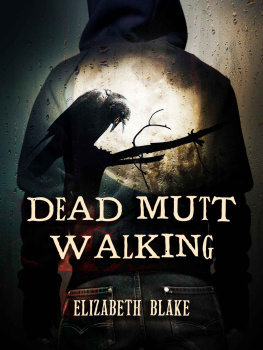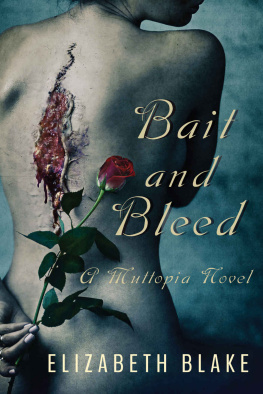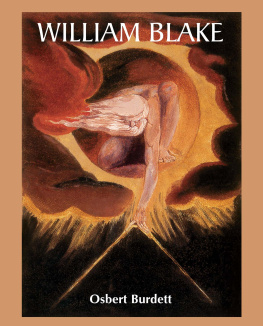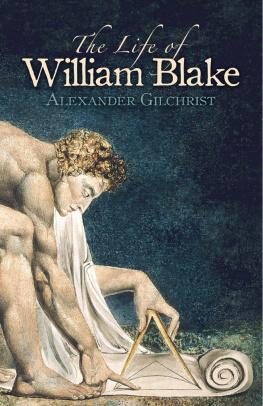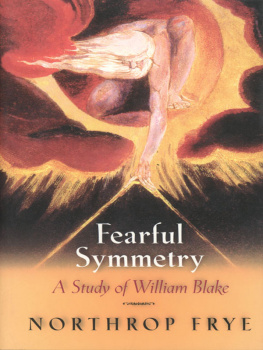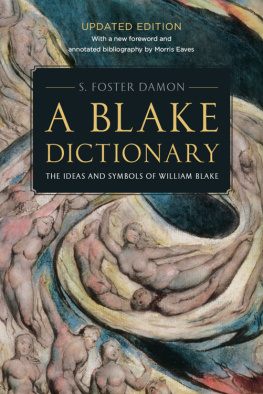BLAKE, LAVATER AND PHYSIOGNOMY
Legenda
LEGENDA, founded in 1995 by the European Humanities Research Centre of the University of Oxford, is now a joint imprint of the Modern Humanities Research Association and Routledge. Titles range from medieval texts to contemporary cinema and form a widely comparative view of the modern humanities, including works on Arabic, Catalan, English, French, German, Greek, Italian, Portuguese, Russian, Spanish, and Yiddish literature. An Editorial Board of distinguished academic specialists works in collaboration with leading scholarly bodies such as the Society for French Studies and the British Comparative Literature Association.

The Modern Humanities Research Association (MHRA) encourages and promotes advanced study and research in the field of the modern humanities, especially modern European languages and literature, including English, and also cinema. It also aims to break down the barriers between scholars working in different disciplines and to maintain the unity of humanistic scholarship in the face of increasing specialization. The Association fulfils this purpose primarily through the publication of journals, bibliographies, monographs and other aids to research.

Routledge is a global publisher of academic books, journals and online resources in the humanities and social sciences. Founded in 1836, it has published many of the greatest thinkers and scholars of the last hundred years, including Adorno, Einstein, Russell, Popper, Wittgenstein, lung, Bohm, Hayek, McLuhan, Marcuse and Sartre. Today Routledge is one of the world's leading academic publishers in the Humanities and Social Sciences. It publishes thousands of books and journals each year, serving scholars, instructors, and professional communities worldwide.
www.routledge.com
Editorial Board
Chairman
Professor Colin Davis, Royal Holloway, University of London
Professor Malcolm Cook, University of Exeter (French)
Professor Robin Fiddian, Wadham College, Oxford (Spanish)
Professor Paul Garner, University of Leeds (Spanish)
Professor Marian Hobson Jeanneret,
Queen Mary University of London (French)
Professor Catriona Kelly, New College, Oxford (Russian)
Professor Martin McLaughlin, Magdalen College, Oxford (Italian)
Professor Martin Maiden, Trinity College, Oxford (Linguistics)
Professor Peter Matthews, St Johns College, Cambridge (Linguistics)
Dr Stephen Parkinson, Linacre College, Oxford (Portuguese)
Professor Ritchie Robertson, St Johns College, Oxford (German)
Professor Lesley Sharpe, University of Exeter (German)
Professor David Shepherd, University of Sheffield (Russian)
Professor Michael Sheringham, All Souls College, Oxford (French)
Professor Alison Sinclair, Clare College, Cambridge (Spanish)
Professor David Treece, Kings College London (Portuguese)
Managing Editor
Dr Graham Nelson
41 Wellington Square, Oxford OX1 2JF, UK
legenda@mhra.org.uk
www.legenda.mhra.org.uk
STUDIES IN COMPARATIVE LITERATURE
Editorial Committee
Professor Stephen Bann, University of Bristol (Chairman)
Professor Duncan Large, University of Swansea
Dr Elinor Shaffer, School of Advanced Study, London
Studies in Comparative Literature are produced in close collaboration with the British Comparative Literature Association, and range widely across comparative and theoretical topics in literary and translation studies, accommodating research at the interface between different artistic media and between the humanities and the sciences.
PUBLISHED IN THIS SERIES
- Breeches and Metaphysics: Thackerays German Discourse , by S. S. Prawer
- Hlderlin and the Dynamics of Translation , by Charlie Louth
- Aeneas Takes the Metro: The Presence of Virgil in Twentieth-Century French Literature , by Fiona Cox
- Metaphor and Materiality: German Literature and the World-View of Science 17801955 , by Peter D. Smith
- Marguerite Yourcenar: Reading the Visual , by Nigel Saint
- Treny: The Laments of Kochanowski , translated by Adam Czerniawski and with an introduction by Donald Davie
- Neither a Borrower: Forging Traditions in French, Chinese and Arabic Poetry, by Richard Serrano
- The Anatomy of Laughter , edited by Toby Garfitt, Edith McMorran and Jane Taylor
- Dilettantism and its Values: From Weimar Classicism to the fin de sicle , by Richard Hibbitt
- The Fantastic in France and Russia in the Nineteenth Century: In Pursuit of Hesitation , by Claire Whitehead
- Singing Poets: Literature and Popular Music in France and Greece , by Dimitris Papanikolaou
- Wanderers Across Language: Exile in Irish and Polish Literature of the Twentieth Century , by Kinga Olszewska
- Moving Scenes: The Aesthetics of German Travel Writing on England 17831830 , by Alison E. Martin
- Henry James and the Second Empire , by Angus Wrenn
- Platonic Coleridge , by James Vigus
- Imagining Jewish Art , by Aaron Rosen
- Alienation and Theatricality: Diderot after Brecht , by Phoebe von Held
- Turning into Sterne: Viktor Shklovskii and Literary Reception , by Emily Finer
- Yeats and Pessoa: Parallel Poetic Styles , by Patricia Silva McNeill
- Aestheticism and the Philosophy of Death: Walter Pater and Post-Hegelianism , by Giles Whiteley
- Blake, Lavater and Physiognomy , by Sibylle Erle
- Rethinking the Concept of the Grotesque: Crashaw, Baudelaire, Magritte , by Shun-Liang Chao
Blake, Lavater and Physiognomy
SIBYLLE ERLE
Studies in Comparative Literature 21
Modern Humanities Research Association and Routledge
2010
First published 2010
Published by the
Modern Humanities Research Association and Routledge
2 Park Square, Milton Park, Abingdon, Oxon OX14 4RN
711 Third Avenue, New York, NY 10017, USA
LEGENDA is an imprint of the
Modern Humanities Research Association and Routledge
Routledge is an imprint of the Taylor & Francis Group, an informa business
Modern Humanities Research Association and Taylor & Francis 2010
ISBN 978-1-906540-69-2 (hbk)
All rights reserved. No part of this publication may be reproduced, stored in a retrieval system, or transmitted in any form or by any means, electronic, mechanical, including photocopying, recordings, fax or otherwise, without the prior written permission of the copyright owner and the publisher.
Product or corporate names may be trademarks or registered trademarks, and are used only for identification and explanation without intent to infringe.
Contents
Guide
FR MEINE ELTERN
CHRISTA UND RUDOLF ERLE
This book does not say all there is to say about Blake, Lavater and physiognomy. A physiognomical reading of the Visionary Heads and their literary contexts, for example, is yet to be written. The way I see it is that in the 1790s Blake responded to Lavaters approach to physiognomy in his creation myth, consisting of The Book of Urizen (1794), The Book of Ahania (1795), and The Book of Los (1795). This does not mean that I think that these books ought to be perceived solely as Blakes struggle with representing the human form. His creation myth is a highly sensitive commentary on contemporary political, radical, dissenting and theological debates. But rather than discuss Blakes treatment of time and space as an attempt to mythologize and defamiliarize historical events, to raise the faculties of his reader, I want to examine how these factors contribute to what Blake thinks shapes human identity. This book will, I hope, sit comfortably next to other discussions of Blakes bodies and complement or link medical arguments, such as Tristanne Connollys and Hisao Ishizukas, with aesthetic and political ones, such as W. J. T. Mitchells and Jon Mees.

